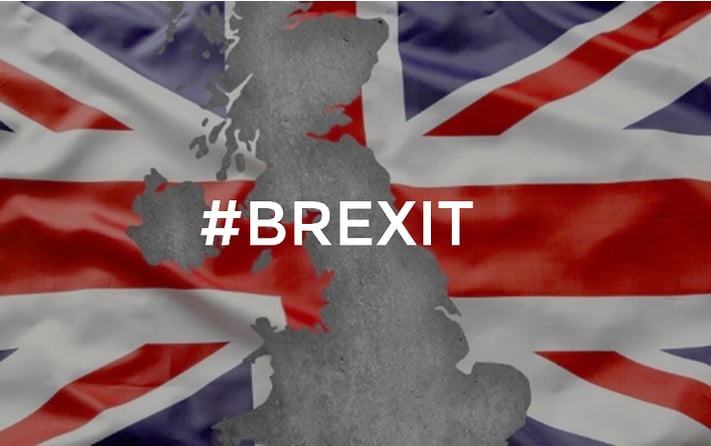
The internet exploded on the 23rd of June following the news that the UK would leave the European Union, with big players like Google, Microsoft, and IBM got pummeled by a tech stock loss of 4-5%. While the tech sector may not be hit as hard, there are some big reasons that the Brexit will make not just GB, but Europe, a harder place to start or run a successful tech company..The internet exploded on the 23rd of June following the news that the UK would leave the European Union, with big players like Google, Microsoft, and IBM got pummeled by a tech stock loss of 4-5%. Brexit is almost certainly bad news for smaller tech companies and startups — in a poll taken before the referendum, 90% of respondents in the UK tech sector opposed leaving the EU.
While the tech sector may not be hit as hard, there are some big reasons that the Brexit will make not just GB, but Europe, a harder place to start or run a successful tech company.
Fresh Talent
Workers from EU member states are of prime importance to UK tech startups. That’s because there just aren’t enough UK graduates with the tech know-how to fill positions in development and engineering. Leaving the EU adds new barriers to immigration and recruiting, which would be particularly burdensome for small companies.
Barriers in Trade
Amazon was taken to the whipping post on Brexit day, losing more than 3%. It has long used the UK as a shipping hub for the rest of Europe, with distribution centers roughly evenly divided between the U.K. and Germany. It has invested more than $6.3 billion in the UK.
Proponents of the Brexit have said the U.K. could remain in the European open market. But that would require complying with EU rules, a likely political nonstarter for the incoming Leave government. Moreover, there’s the chance the EU will want to make an example of the UK, isolating it to discourage other countries from leaving the Union. That could force the likes of Amazon to rethink their entire European strategy.
Data Laws
UK in general has a more relaxed attitude to data privacy, while Europe has thrown up repeated barriers to the operation of companies like Google.
But in the bigger picture, Brexit could be bad even if the U.K. ends up with more tech-friendly rules. Perhaps the most magical word in tech is “scalability.” Offering the same product or service across many markets keeps marginal costs low and profits high. Brexit, by fragmenting the market, is almost certain to throttle digital scalability and, thus, profits.
Regulation Reinvigorated
Then there’s the issue of balance. By subtracting the UK’s fairly pro-market approach from EU policy making, Brexit makes it more likely that France, Germany, etc will craft rules even less friendly to global tech companies. We could see a lot more cases like Uber’s troubles in Germany, as new business models run up against tighter European regulation.
Devilish Details
There are number of smaller issues that will impact both tech and non-tech businesses post-Brexit. UK startups will almost certainly lose access to certain EU sources of venture capital. Travelling to and working in Europe could get more burdensome and expensive, as EU rules have helped reduce both airfares to the continent, and roaming costs for cell phones.
Then there are the intangibles. Now that the U.K. has delivered an open rebuke to its European neighbors, there could be a chilling of relationships between international partners. It’s unclear exactly how that dynamic will play out and that sense of brooding uncertainty may be the most toxic Brexit outcome of all.
As a technology organization, we have our concerns with Brexit but what lies ahead in the future, only time will tell.
For more of such posts around startups and technology, subscribe to our blog and see our best posts landing in your inbox.




